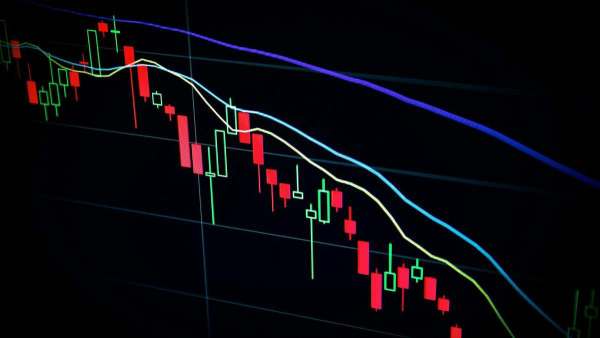
Tokyo: Asian shares traded mixed Wednesday after US stocks edged down from record highs and as market focus turned to expectations for the Federal Reserve’s first interest rate cut of the year.
Japan’s benchmark Nikkei 225 gained 0.2 per cent in morning trading to 44,995.79. The Finance Ministry reported Japan’s exports to the US dropped 13.8 per cent in August compared to the same month the previous year, marking the fifth straight month of declines, as auto exports declined amid President Donald Trump‘s tariffs.
US tariffs on Japanese automobiles and auto parts dropped from 27.5 per cent, the amount Trump initially levied, to 15 per cent this week, still higher than the original 2.5 per cent.
Wednesday’s data was for the month of August, when the tariffs were higher. Japan’s overall exports to the world for the month was little changed, slipping 0.1 per cent, as exports grew to Europe and the Middle East.
Australia’s S&P/ASX 200 slipped 0.7 per cent to 8,812.80. South Korea’s Kospi dropped nearly 1.0 per cent to 3,415.71. Hong Kong’s Hang Seng surged nearly 0.9 per cent to 26,662.13, while the Shanghai Composite shed less than 0.1 per cent to 3,858.74.
On Wall Street, the S&P 500 fell 0.1 per cent from its latest all-time high. The Dow Jones Industrial Average dipped 125 points, or 0.3 per cent, while the Nasdaq composite slipped 0.1 per cent from its own record set the day before.
Stocks have run to records on expectations that the Fed will announce the first of a series of cuts to rates on Wednesday in hopes of giving the economy a boost. The job market has slowed so much that traders believe Fed officials now see it as the bigger danger for the economy than the threat of higher inflation because of Trump’s tariffs.
The Fed has been holding off on cuts to rates because inflation has remained above its 2 per cent target, and lower interest rates could give it more fuel.
A report on Tuesday said shoppers increased their spending at US retailers by more last month than economists expected. A chunk of that could be due to shoppers having to pay higher prices for the same amount of stuff. But it could also indicate solid spending by US households could continue to keep the economy out of a recession.
The data did little to change traders’ expectations for a cut to interest rates on Wednesday, followed by more through the end of the year and into 2026.
Such high expectations have sent stocks to records, but they can also create disappointment if unfulfilled.
For now, global fund managers are tilting their portfolios toward stocks at the highest level in seven months, according to the latest survey by Bank of America. That’s even though a record 58 per cent of them are also saying that stocks look too expensive at the moment.
On Wall Street, New York Times Co. fell 1.6 per cent after Trump filed a USD 15 billion defamation lawsuit against the newspaper and four of its journalists on Monday. The lawsuit points to several articles and a book written by Times journalists and published in the lead up to the 2024 election as “part of a decades-long pattern by the New York Times of intentional and malicious defamation against President Trump.”
Oracle rose 1.5 per cent on speculation that it could be part of a deal that would keep TikTok operating in the United States.
All told, the S&P 500 fell 8.52 points to 6,606.76. The Dow Jones Industrial Average dropped 125.55 to 45,757.90, and the Nasdaq composite sank 14.79 to 22,333.96.
In the bond market, the yield on the 10-year Treasury eased to 4.03 per cent from 4.05 per cent late Monday.
In energy trading, benchmark US crude lost 8 cents to USD 64.44 a barrel. Brent crude, the international standard, fell 9 cents to USD 68.38 a barrel.
In currency trading, the US dollar edged up to 146.69 Japanese yen from 146.40 yen. The euro cost USD 1.1852, down from USD 1.1867.